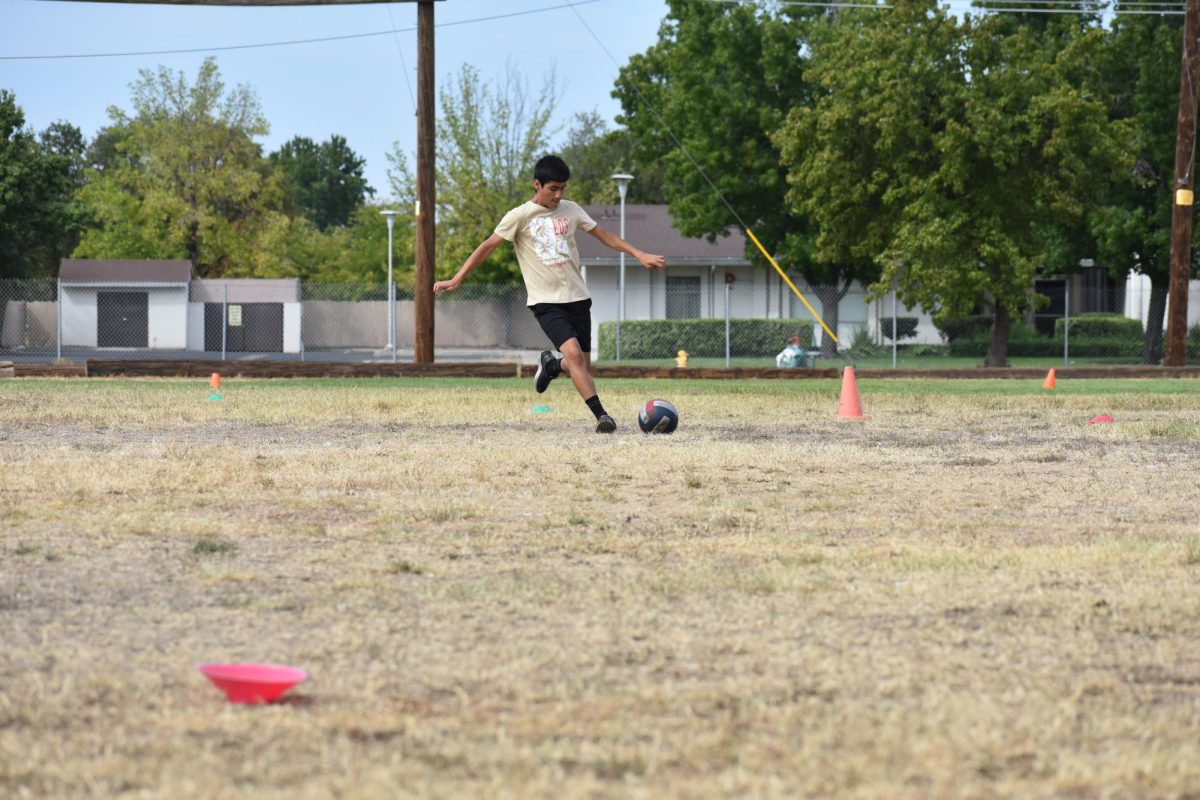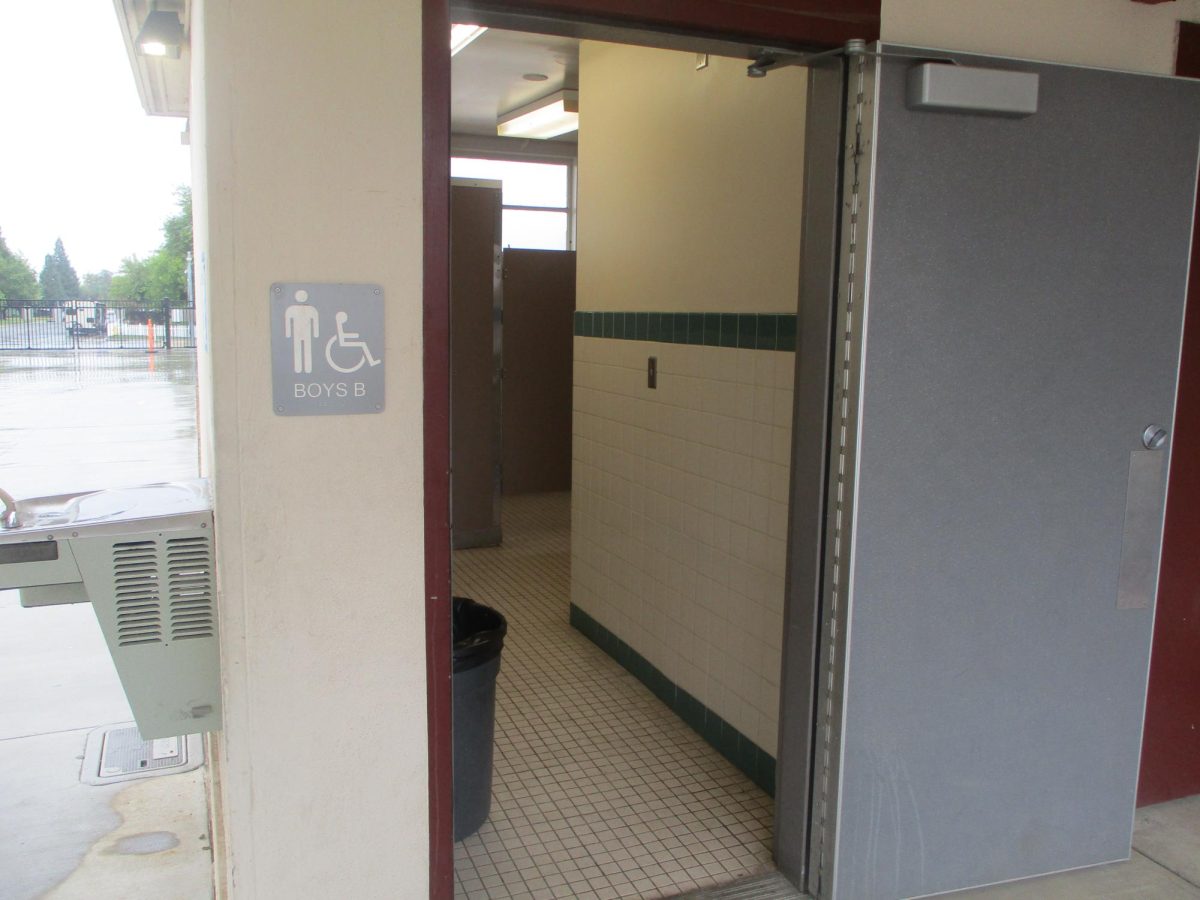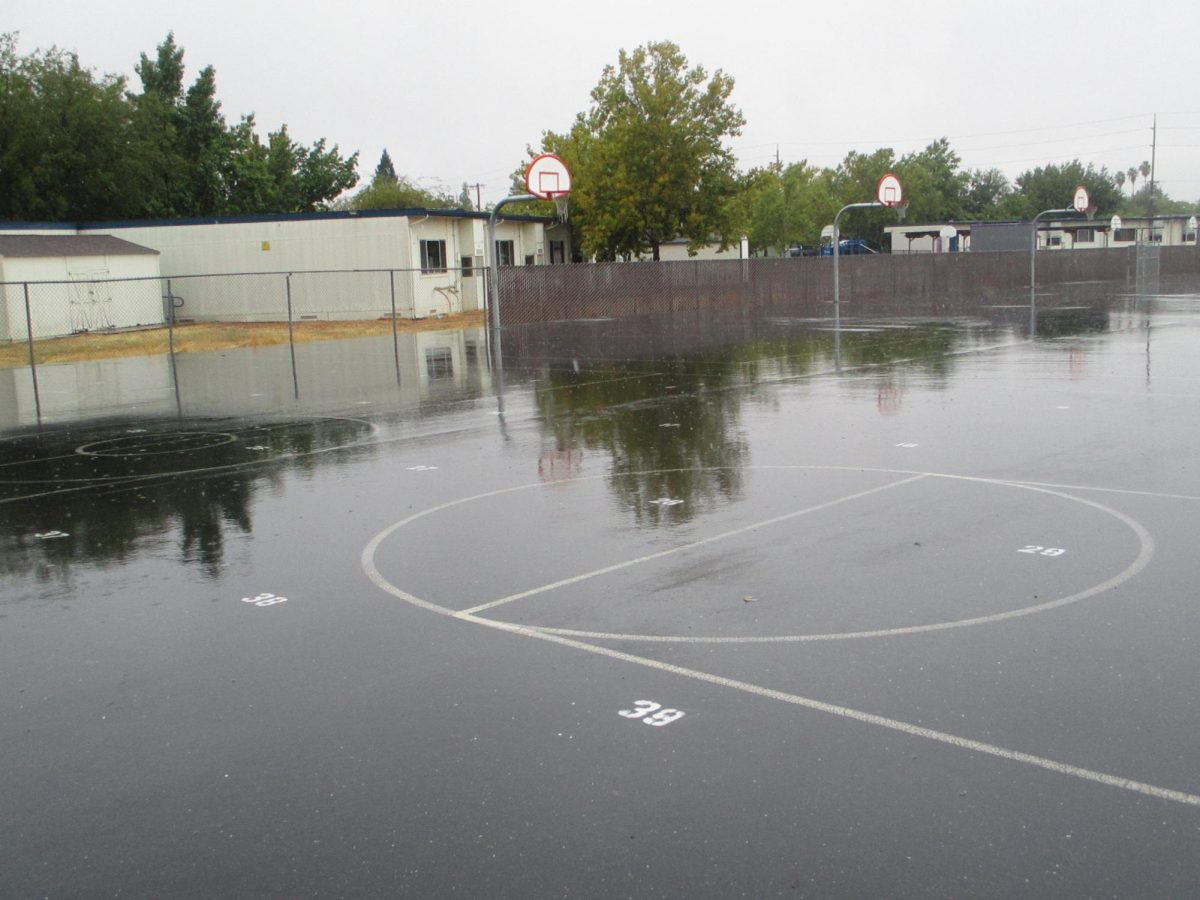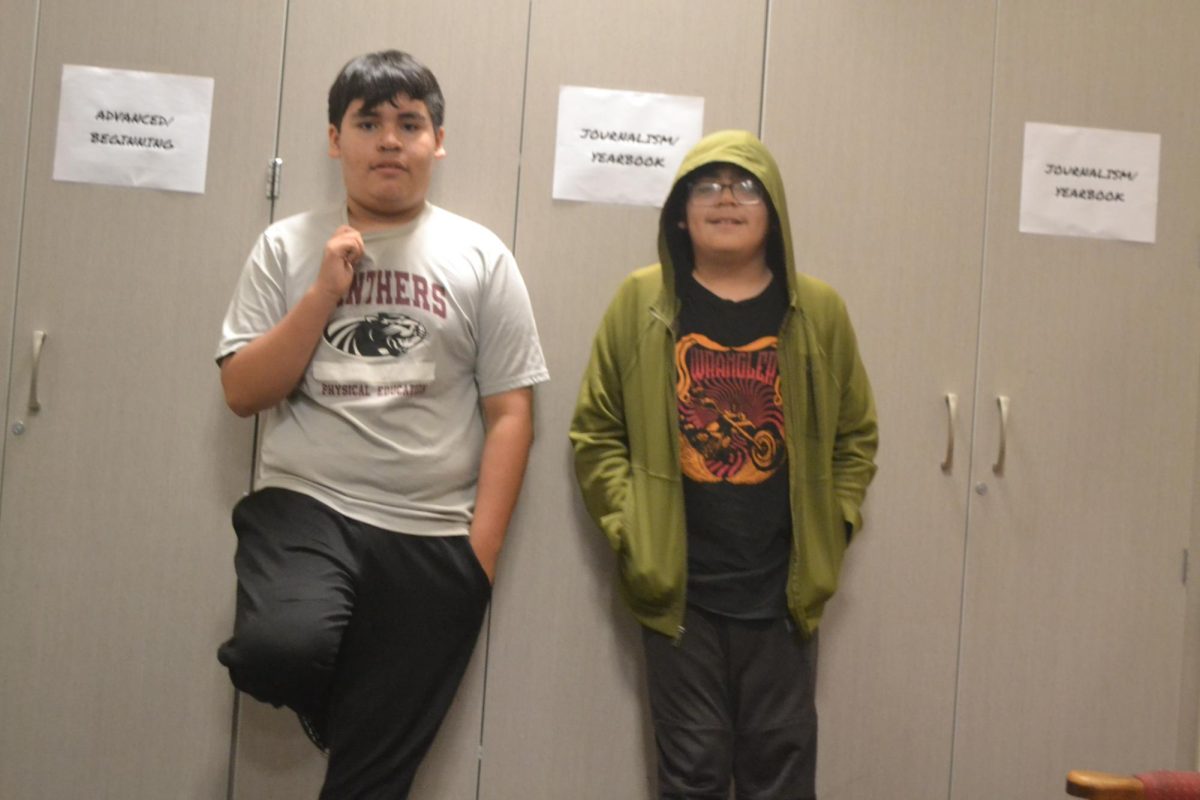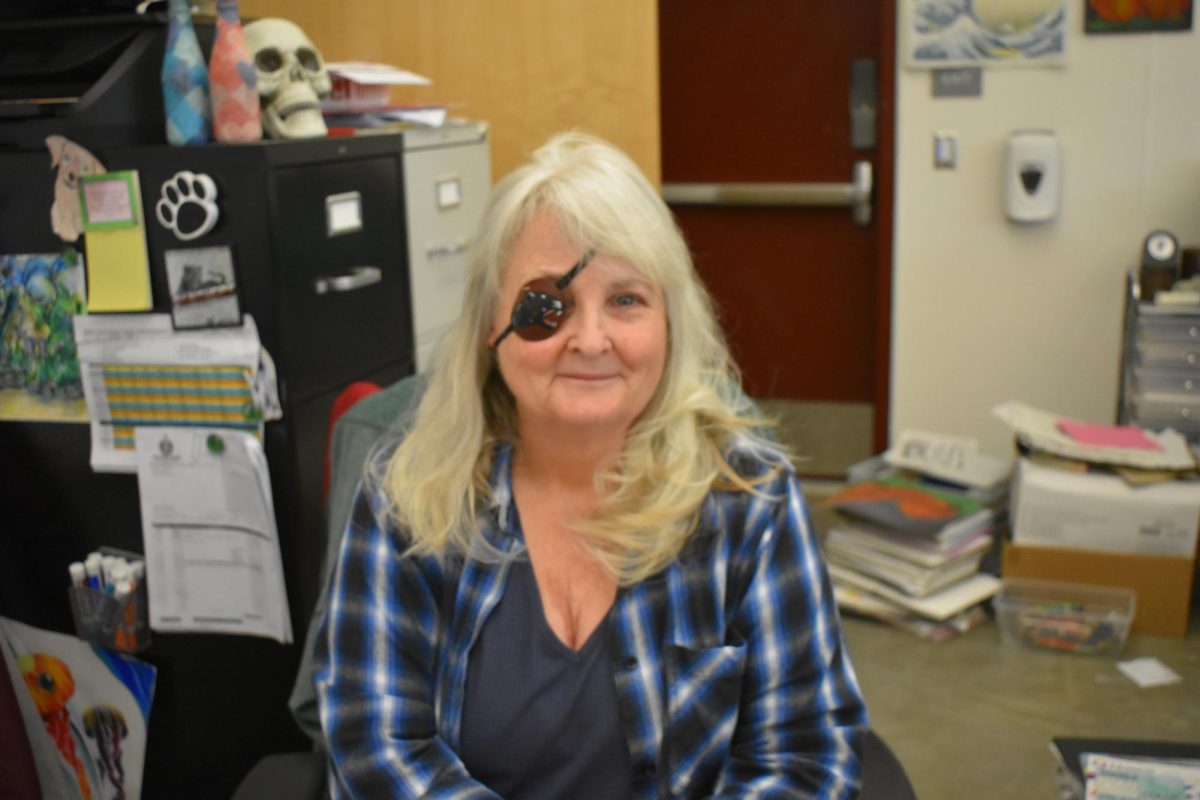Before tutoring became a regular part of the school routine, students had to rely solely on classroom instruction and independent study to understand new concepts. Extra help was often limited to brief teacher support during office hours or help from family and friends. For students who struggled in certain subjects, this made it hard to keep up with their classmates. Over time, these learning gaps could lead to frustration and a lack of confidence.
Today, tutoring plays a much bigger role in helping students succeed—especially for those who need extra time and support.
Is Before-School Tutoring Helpful or Difficult?
Before-school tutoring can be a great option for students who have sports practice, clubs, or other commitments after school. It gives them a chance to get academic support without interfering with their afternoon schedule. However, not all students can take advantage of this option. Some may have trouble waking up early, or they might rely on the school bus, which doesn’t arrive in time for before-school help.
Interview with Ms. Korner
I spoke with Ms. Korner, who shared her thoughts and experiences with tutoring at GEMS:
“I only tutor math, but I think that’s the subject students typically need the most help with. The school offers before- and after-school tutoring most days.”
She explained the tutoring schedule as follows:
-
Before-school tutoring (Math only): Room D2, from 7:00–7:45 AM, Tuesday through Friday
-
After-school tutoring (All subjects): In the library, from 3:00–4:00 PM
-
After-school math tutoring:
-
Tuesdays and Thursdays: Room 103, 3:00–4:00 PM
-
Wednesdays and Fridays: Room 204, 3:00–4:00 PM
-
“Students in middle school often struggle with confidence in math,” Ms. Korner said.
“They don’t want to write anything down because they’re afraid of being wrong or looking dumb. But writing it down is how teachers and tutors figure out what you know and where you need help. It’s not dumb to not know something—what’s foolish is not trying to learn it. School is where you come to learn. No one expects you to know it all already.”
She also shared a tip for anyone helping others:
“To be an effective tutor, you need to draw out what the student is thinking. That way, you can correct misunderstandings and help them learn how to do the problem correctly.”
Final Thoughts
There may be mixed opinions about before-school tutoring. Some students simply can’t get to school early, while others prefer not to extend their day. Despite the challenges, tutoring—whether before or after school—is a valuable tool that can make a big difference in student learning and confidence.





